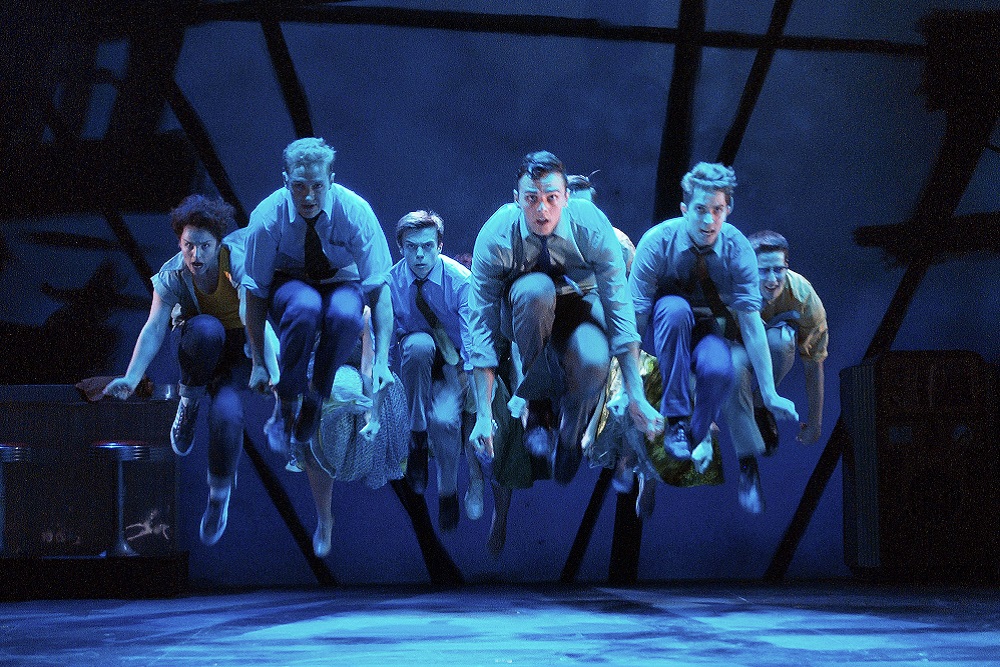Re-imagining the world of theatre
June 3, 2020
Share

The theatre world has ground to a halt. Stages are dark and seats are empty. Queen’s University researcher Michael Wheeler is exploring how, in 2020, thinking has shifted from how digital was impacting live performance to how digital can keep the practice of the arts meaningful during a pandemic.
“Theatres are facing an incredible amount of uncertainty about if and when they can resume regular activities,” says Wheeler (Dan School of Drama and Music). “Major institutions like the Stratford Festival have been forced to lay off much of their staff and it is unclear when they can resume operations. Part of this calculation is due to the uncertainty about the pandemic, and part is concern about when audiences will feel safe enough to return in significant numbers.”
Wheeler also is questioning whether the artists themselves will recover as the already precarious nature of a performer’s life means many will have few savings to rely on and, because of the pandemic, no restaurants or bars to work at in the downtime.
Despite all the doom and gloom, the Queen’s professor has hope for the future – and that hope rests in the digital world for now. SpiderWebShow.ca is the first and only nationally-driven performing arts website of its kind in Canada. The site features CdnStudio, Canada’s first virtual rehearsal hall. In the wake of COVID-19, CdnStudio was relaunched as a space for artists to rehearse, experiment, and create with collaborators across distance.
SpiderWebShow is also producing FOLDA (Festival of Live Digital Art) June 10-13 for the third time. Previously held live at The Isabel Bader Centre for the Performing Arts, collaborators were able to change and re-focus the works to be delivered online through FOLDA. It is a national festival that includes partnerships with The Theatre Centre (Toronto), The National Arts Centre (Ottawa), Luminato Festival (Toronto) and PUSH Festival (Vancouver.) The work comes to audiences in many forms: audio walks, livestreams, radio broadcasts, Zoom calls, and social media tools.
While experiencing the theatre and art digitally is the new reality for now, Wheeler, who also works as a director in the theatre, says nothing can replace live theatre.
“Something a livestream can't provide is running into your friend at the bar, or the buzz of the lobby or even the chance to ride the subway to the theatre so there are social and experiential reasons people go to the theatre that may not be satisfied,” he says. “I also believe the risk of 'live' is part of why audiences engage with this evolving art form. When it is safe to return to the theatre, I do believe it will be more popular than pre-March 2019 as we appreciate what we had anew.”
All FOLDA events June 10-13 are available to be experienced via folda.ca free of charge.